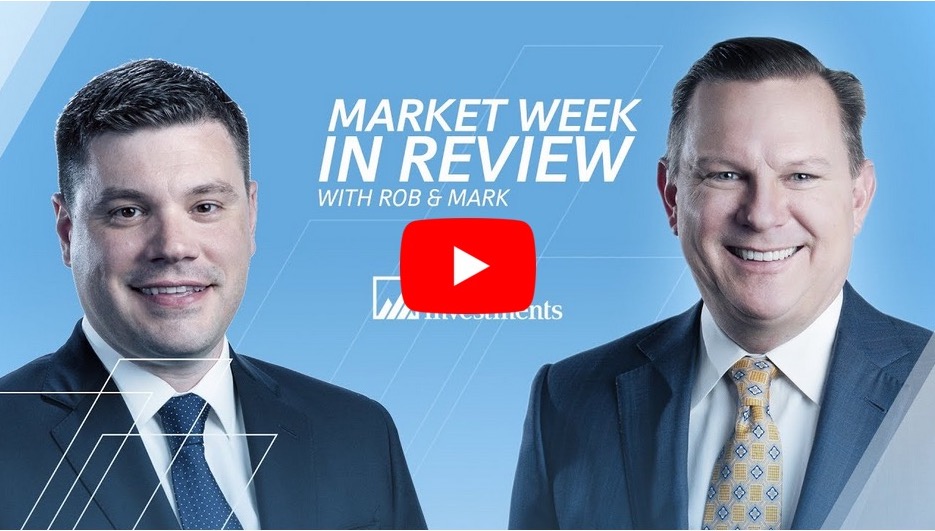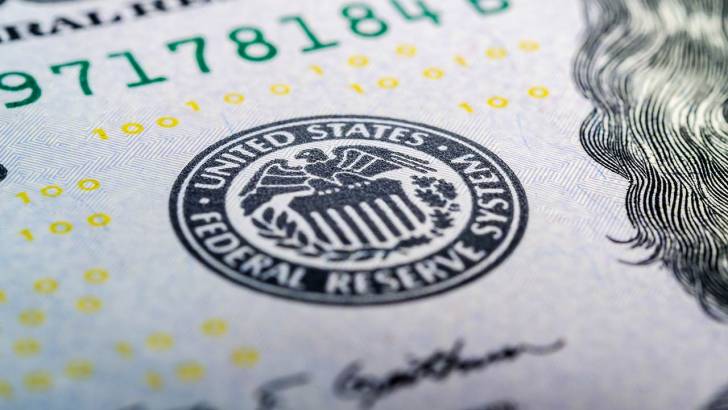In this week’s edition of Market Week in Review, Rob Cittadini, regional director, consultant relations, interviewed Mark Eibel, director, client investment strategies, on the latest round of geopolitical news and its impact on financial markets.
North Korea testing, U.S. debt ceiling extension move markets
North Korea’s announcement of another nuclear test over the U.S. Labor Day weekend resulted in the biggest market swing of the week, Eibel said, with a move to the downside on Tuesday. While it wasn’t a huge move, in his view, this likely set the tone for continued market volatility the rest of the week. “Overall, things were pretty choppy,” he stated, noting that markets have tended to react a little more to recent geopolitical events.
Two days later, news of U.S. President Donald Trump’s agreement with Democratic leaders in Congress to raise the federal government’s borrowing limit for three months—tied into disaster relief funding for victims of Hurricane Harvey—was received more positively by markets, Eibel said. Of particular interest going forward, he noted, is how the markets will view the debt ceiling extension once corporate tax reform negotiations heat up.
All told, political news is likely to continue to move markets a bit, Eibel said—both to the upside and downside. “As we go deeper into September, there will be more to talk about on the economic front,” he stated, “but in the meantime, politics are commanding the most attention.”
10-Year Treasury yields tumble after ECB meeting
The European Central Bank (ECB) Governing Council met earlier this week, Eibel said, discussing interest rates and the future of its quantitative easing (QE) program. While ECB President Mario Draghi’s main message did not appear very dramatic, Eibel said—noting that Draghi spoke of interest rates remaining low for a while, and indicated that the bank will make a decision on QE in October—bond markets reacted strongly. Yields on the 10-year U.S. Treasury note fell to 2.058% at one point on Thursday—“a strong message,” Eibel noted. In his view, one reason for the drop may have been investors wondering if there will really be pressure to raise interest rates in the U.S. if rates are going to stay low in Europe.
Another possible impetus? Apprehension about Hurricane Irma, which is expected to slam into Florida over the weekend. “It’s no surprise there would be a flight to safety,” Eibel remarked. “It will be interesting to see if Treasury yields rise again next week—but a lot might come down to what exactly happens in Florida the next few days.”
Global growth continues
Transitioning to economic data, Eibel pointed out that the second quarter gross domestic product (GDP) growth rate for the Eurozone was revised upward to 2.3% year-over-year, according to data from Eurostat. This is in line with his and other Russell Investments strategists’ belief that the economic situation in Europe will continue to improve. In a nutshell, “the continued global growth story, particularly out of Europe, is the data point of the week on the economic front,” Eibel concluded.
Watch the video.













